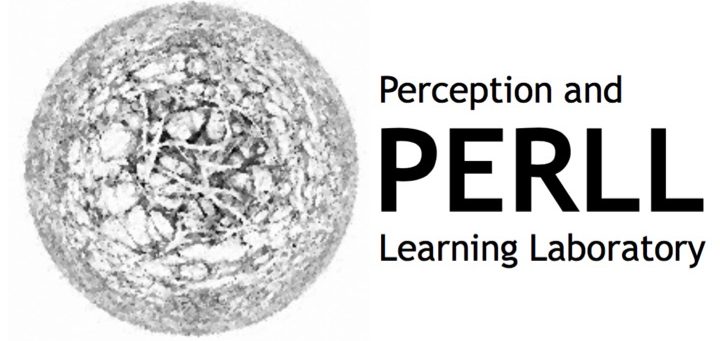Welcome, Aina Casaponsa!
The appointment is one of Lancaster University’s 50th anniversary lectureships, joining a cohort of 19 early career academics from a wide variety of disciplines that constitutes the 50th Anniversary Lecturers scheme of Lancaster’s 2020 Strategy.
Aina is a psycholinguist with interests in brain mechanisms and related cognitive processes underpinning language processing. As a person brought-up in a bilingual society she has always been fascinated by the ability of the brain to understand, communicate and represent the world around us in different languages, without apparently much effort. Hence, upon obtaining her Psychology Degree from the Autonomous University of Barcelona, (Spain) she further specialised in research in Cognitive and Behavioural Neuroscience at the University of Granada and in Cognitive Neuroscience of Language at the Basque Center on Cognition, Brain and Language (BCBL) – University of the Basque Country (EHU-UPV).
Whilst finalizing her PhD on bilingualism and visual word recognition, she helped to set-up an electroencephalography (EEG) laboratory for the BCBL in the University of Murcia, and held a 3 month internship at Bangor University and a post-doctoral position at MRC Institute of Hearing Research – University of Nottingham.
Her recent research has been devoted to understanding how the brain comprehends visual and auditory information linked to language and how bilingualism and second language acquisition affects the way we use this information, consciously or unconsciously. She has focused on questions such as how do we know in which language we are operating? Does my brain need to identify the language of words to understand them? What are the factors underpinning successful second language learning? She has studied monolinguals, second language learners and multilinguals immersed either in bilingual societies (e.g., Spanish-Basque, English-Welsh) or in foreign language courses (e.g., Spanish-English) using both behavioural and electrophysiological methods with children, and young and older adults.
At the Department of Linguistics and English language she is contributing to the set-up of a new EEG laboratory to bring research in linguistics and cognitive neuroscience together, and to further investigate the links between cognition and language.
